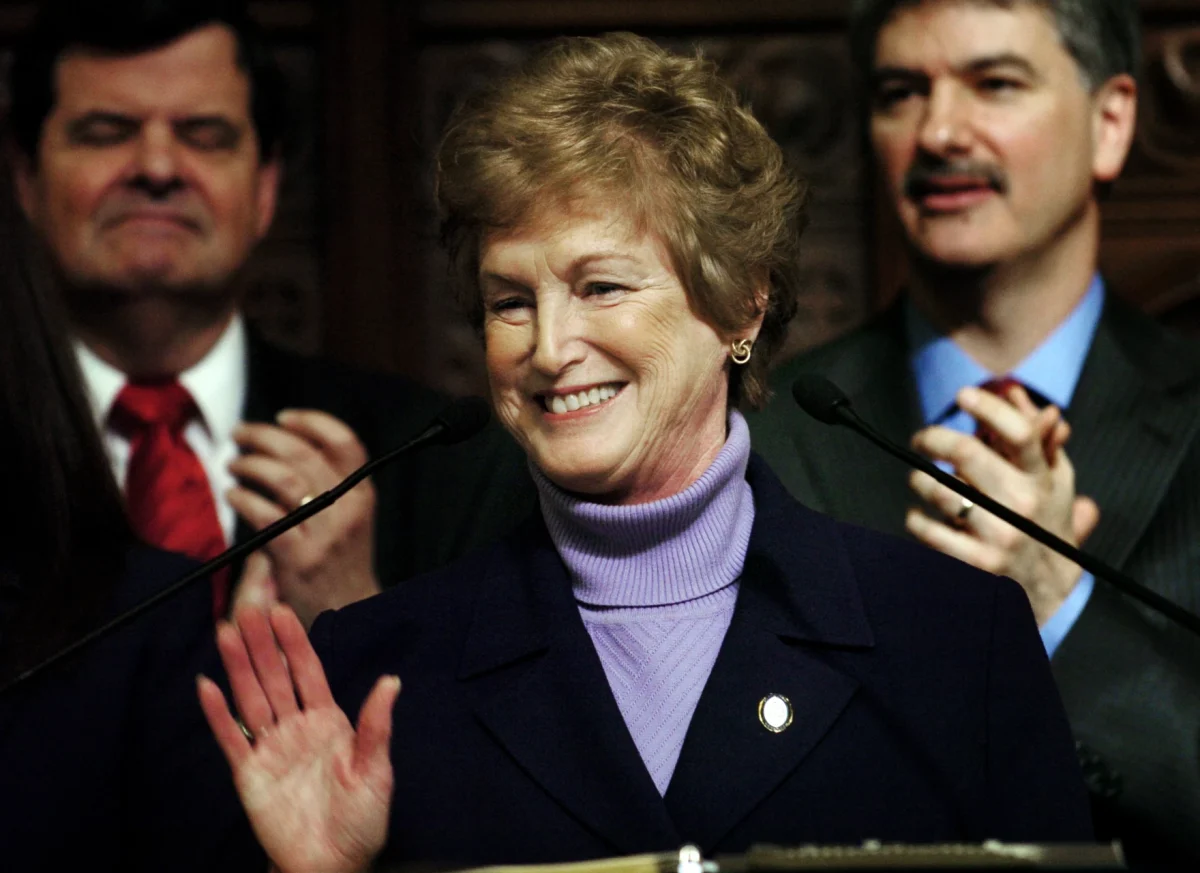Perspective
Changes in U.S. immigration policies are shaping the experience of international students and impacting both their educational paths and post-graduation prospects. For students who come to the United States seeking top-tier education and career opportunities, these policy shifts add uncertainty around visa regulations and pathways to stay in the country.
Recently, visa requirements have become stricter, with new policies adding complex steps and increasing the likelihood of delays. A 2022 report from the National Foundation for American Policy said heightened scrutiny on student visas has caused significant disruptions, with processing times doubling in some regions. These delays disrupt academic plans and create added stress and costs for students from countries like India and China.
International students often face hurdles when attempting to travel home, fearing their visas won’t be renewed. This creates a situation where many feel stuck in the U.S., hesitant to travel or pursue work opportunities that require visa adjustments. The American Immigration Council said changes in optional practical training have made it harder for students to gain U.S. work experience after graduation, which is vital for career readiness and financial stability.
After completing their degrees, international students face limited options to stay in the country. The H-1B visa, a common pathway, is highly competitive due to an annual cap that leaves many applicants without a legal option to work. A 2023 study by the Migration Policy Institute found that fewer than 25% of international student graduates secure H-1B visas because of these quotas, making their future in the U.S. uncertain.
These policies also impact students’ mental health. A survey by the Institute of International Education found that 60% of international students reported increased stress due to immigration policy uncertainties, with many fearing deportation or separation from family. This added pressure affects both academic performance and personal well-being.
Universities and advocacy groups, including the Presidents’ Alliance on Higher Education and Immigration, are pushing for policy reforms. They recommend an expanded H-1B program and clearer residency pathways to retain international talent in the U.S., which many argue is essential for maintaining economic competitiveness.
For many international women studying in the U.S., immigration policies can feel like a glass ceiling, limiting their options and ambitions. These policies often place women in a position where marriage to a U.S. citizen seems like one of the few viable paths to remaining in the country long term. Yet this should not be the only choice. Women deserve the opportunity to aspire to careers and personal growth on their own terms, without having their futures tied to marriage as a condition for stability. Current policies often overlook international women’s aspirations to build independent lives and meaningful careers in the U.S., underscoring the need for reforms that recognize and support their potential.



